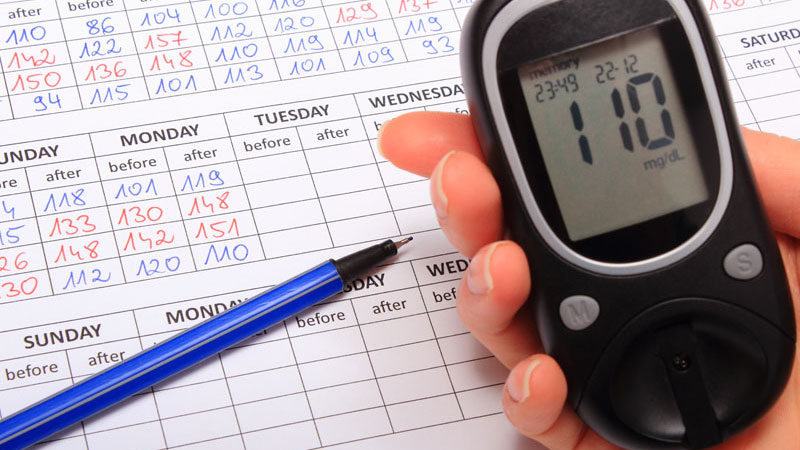
What is diabetes?
Diabetes is a condition in which your blood sugar, also known as blood glucose, is excessively high. Insulin, a hormone, normally aids in the conversion of food into energy. When a person gets diabetes, their body either does not produce enough insulin or can’t utilize it properly. Uncontrolled diabetes can lead to major health problems such as blindness, kidney failure or heart disease.
Types of diabetes
Type 1: Type 1 diabetes is an autoimmune disorder in which your body attacks itself. Your pancreatic insulin-producing cells are destroyed. Children and young adults can develop Type 1 diabetes, but it may develop at any age. Type 1 diabetics must take insulin daily.
Type 2: Type 2 diabetes is the most common form of diabetes. Up to 95% of people with diabetes have Type 2. Your body either produces insufficient insulin or your body’s cells do not respond normally to insulin.
Prediabetes: This type of diabetes is the stage before Type 2 diabetes. Your blood sugar is above normal, but not high enough for you to be formally diagnosed.
Gestational: A woman may develop gestational diabetes while pregnant, which usually goes away after giving birth. However, having gestational diabetes puts you at greater risk of developing Type 2 diabetes later.
Less common kinds of diabetes include:
Monogenic: These are uncommon hereditary diabetes forms that account for 4% of all diabetes occurrences. Examples include neonatal diabetes and non-insulin-dependent diabetes mellitus in children and adolescents.
Drug or chemical-induced: This type is obtained during surgery, HIV/AIDS therapy or glucocorticoid steroid usage.
What can you do?
Diabetes can be serious. High blood sugar can cause damage to your body. Keeping your blood sugar at safe levels is essential to staying healthy while living with diabetes. Managing your weight, taking medication, following a healthy diet and scheduling checkups with your doctor are all important ways to maintain this disease.


